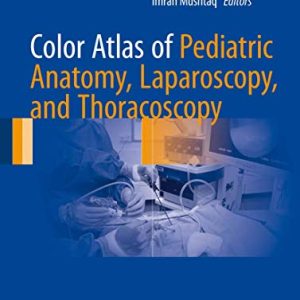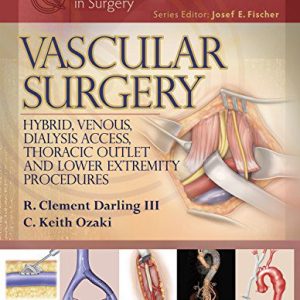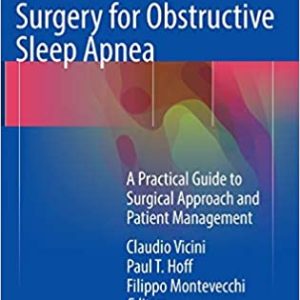Description
- Publisher : Springer; 1st ed. 2021 edition (February 19, 2021)
- Language : English
- FORMAT: ORIGINAL PDF/PRINT REPLICA
- ISBN-10 : 3030621944
- ISBN-13 : 978-3030621940
This book covers relevant concepts in nuclear cardiology, combining imaging techniques and clinical data to do so. Today, nuclear cardiology is a worldwide discipline connected to the broader field of cardiovascular imaging. The combination of clinical aspects (symptoms, medications, previous cardiac procedures), ancillary exams and nuclear images is key to decision-making in clinical practice. Thus, a book on this topic is essential to provide better outcomes for cardiology patients.
The chapters cover a comprehensive range of topics in current cardiology practice, such as ambulatory patients, patients in emergency settings, patients after complex cardiac procedures, and patients during and after the use of cancer therapies that are potentially toxic for the heart (cardio-oncology). As such, multiple clinical scenarios are also presented: patients with suspected coronary disease, patients with heart failure of unknown origin, patients with acute chest pain in the emergency department, patients with suspected pulmonary embolism, patients with complications of the left ventricular assist device, etc. Furthermore, the book describes nuclear cardiology procedures and techniques, discusses the main clinical indications and scenarios for each procedure, presents new technological advances in the field (machine learning and artificial intelligence tools), and mentions the coronavirus disease 2019 (COVID-19) pandemic.
Given its scope, the book offers a valuable guide and videos for various medical professionals, especially cardiologists and nuclear physicians.
“This is an extensive, virtually all-encompassing compendium … enriched by 285 illustrations, also including tables and diagrams. … this book may be suggested also to cardiologists, cardiac surgeons, and to all clinicians with a clinical interest in cardiology. More precisely, this publication may find a position in the library not only of the departments of diagnostic imaging, but also in clinical divisions, to better understand indications and information associated with modern nuclear cardiology.” (Fiorenzo Squame and Luigi Mansi, European Journal of Nuclear Medicine and Molecular Imaging, Vol. 48, 2021)
“It is written for the benefit of the trainee, but rich and detailed enough for the established providers, including internist, cardiologists, and imaging specialists. … The key messages and summary points, illustrative clinical cases, high-quality images, and workflow diagrams are frankly mesmerizing and one of the many features of the book. I feel honored and humbled to have been given the opportunity to read and enjoy this book, a review of the work and effort of world authorities in their field.” (Wael AlJaroudi, Journal of Nuclear Cardiology, May 25, 2021)
From the Back Cover
This book covers relevant concepts in nuclear cardiology, combining imaging techniques and clinical data to do so. Today, nuclear cardiology is a worldwide discipline connected to the broader field of cardiovascular imaging. The combination of clinical aspects (symptoms, medications, previous cardiac procedures), ancillary exams and nuclear images is key to decision-making in clinical practice. Thus, a book on this topic is essential to provide better outcomes for cardiology patients.
The chapters cover a comprehensive range of topics in current cardiology practice, such as ambulatory patients, patients in emergency settings, patients after complex cardiac procedures, and patients during and after the use of cancer therapies that are potentially toxic for the heart (cardio-oncology). As such, multiple clinical scenarios are also presented: patients with suspected coronary disease, patients with heart failure of unknown origin, patients with acute chest pain in the emergency department, patients with suspected pulmonary embolism, patients with complications of the left ventricular assist device, etc. Furthermore, the book describes nuclear cardiology procedures and techniques, discusses the main clinical indications and scenarios for each procedure, presents new technological advances in the field (machine learning and artificial intelligence tools), and mentions the coronavirus disease 2019 (COVID-19) pandemic.
Given its scope, the book offers a valuable guide and videos for various medical professionals, especially cardiologists and nuclear physicians.





Reviews
There are no reviews yet.